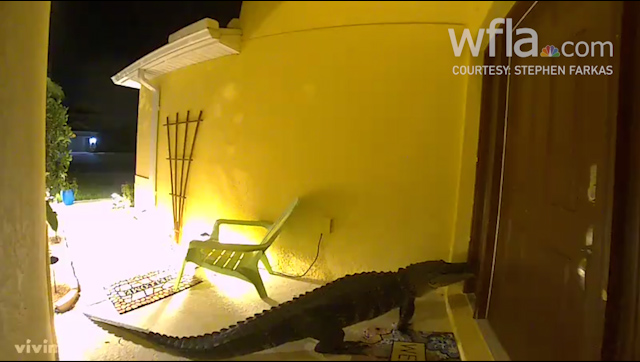TAMPA, Fla. (WFLA) – A former FBI Agent and a missing persons research expert are giving their take on local cases involving missing minorities and sharing how to curve racial disparities surround missing person cases.
In 8 On Your Sides’ Missing People of Color: Justice for All series, we’ve spotlighted three local cases of missing minority women; Veronica Reyes-Diaz, Cieha Taylor and Kelly Vazquez. 8 On Your Side talked to their families and questioned law enforcement about their investigations.
A former FBI Agent and a missing persons research expert are detailing their take on the investigations, as well as, giving insight on the racial disparities surrounding missing person cases.
“People don’t just vanish,” Bryanna Fox said.
Fox is a former FBI agent who has investigated and researched several cases involving fugitives and missing persons.
Reyes Diaz, Taylor and Vasquez are all minority women who went missing around the same area and have similar circumstances surround their disappearances. They have been missing for a over a year, but the Hillsborough County Sheriff’s Office has only reached out to the FBI in one of the three cases.
“We assume that agencies have access to other agencies databases, resources and that’s not true,” Fox said. “If someone were to go missing in Hillsborough county and go across the bridge to Pinellas County those two agencies do not have the ability to share data with each other. The idea of why you would invite the FBI to the case is because they bring a federal resource, a national level of databases, archives,” Fox said.
Reyes-Diaz and Taylor’s personal belongings were found in their cars after they disappeared. However, Taylor’s car was found running with the driver side door open along railroad tracks in Plant City. Responding deputies moved it to the side and left. They did not file a report, nor was her tag pulled.
“I think it’s a reflection of our lack of law enforcement not having the best practices for adults who go missing,” said Michelle Jeanis.
Jeanis researches missing person cases for a living. She’s a Professor at the University of Louisiana at Lafayette. She has conducted several research studies about disparities in missing person cases. She’s found missing minorities are treated differently compared to white victims.
“There are people that are taking advantage of these individuals, obviously, and their cases are remaining open longer as well,” Jeanis said. “Why are individuals of color over represented and why aren’t their cases closed?”
In Taylor’s case, an investigation wasn’t launched until nearly three days after her car was moved. Both Jeanis and Fox say this could have hindered the investigation.
“We know that lots of evidence is lost in the beginning if we aren’t investigating,” Jeanis said.
“The first 48-72 hours are critical, this is when the person is most likely to be found safe,” Fox said.
According to Hillsborough County Sheriff Spokesperson Amanda Granit, they do not believe the lapse in time is impacting the investigation.
“I don’t think the issue of originally seeing the car and the report coming in two days later is negatively impacting this case,” Granit said.
Fox and Jeanis believe these cases could have been handled differently, not only by law enforcement, but also by the media.
“Research shows that the way that missing persons cases are handled by law enforcement,, the media and even the public differ based upon the race of the victim,” Fox said.
“We see bias in the social media realm as well, particularly by race, where white individuals are more likely to receive likes, clicks, shares than individuals of color,” Jeanis said.
They are hoping for change through legislation, education and understanding.
“It’s incredibly disappointing to know that this is something we are aware of, keep saying and it doesn’t seem like anything is changing,” Fox said.
“We need awareness and acknowledgement of our biases in the justice system and generally in our society,” Jeanis said. “I’m very hopeful we will get government funding, legislation and some access to big data so we can be better at handling adult missing person cases.”

